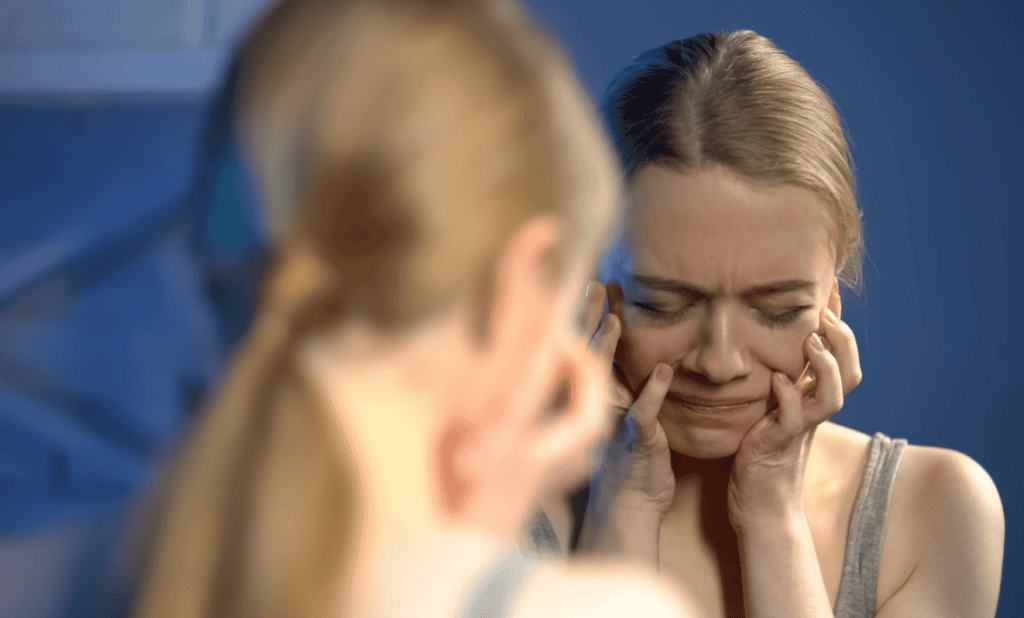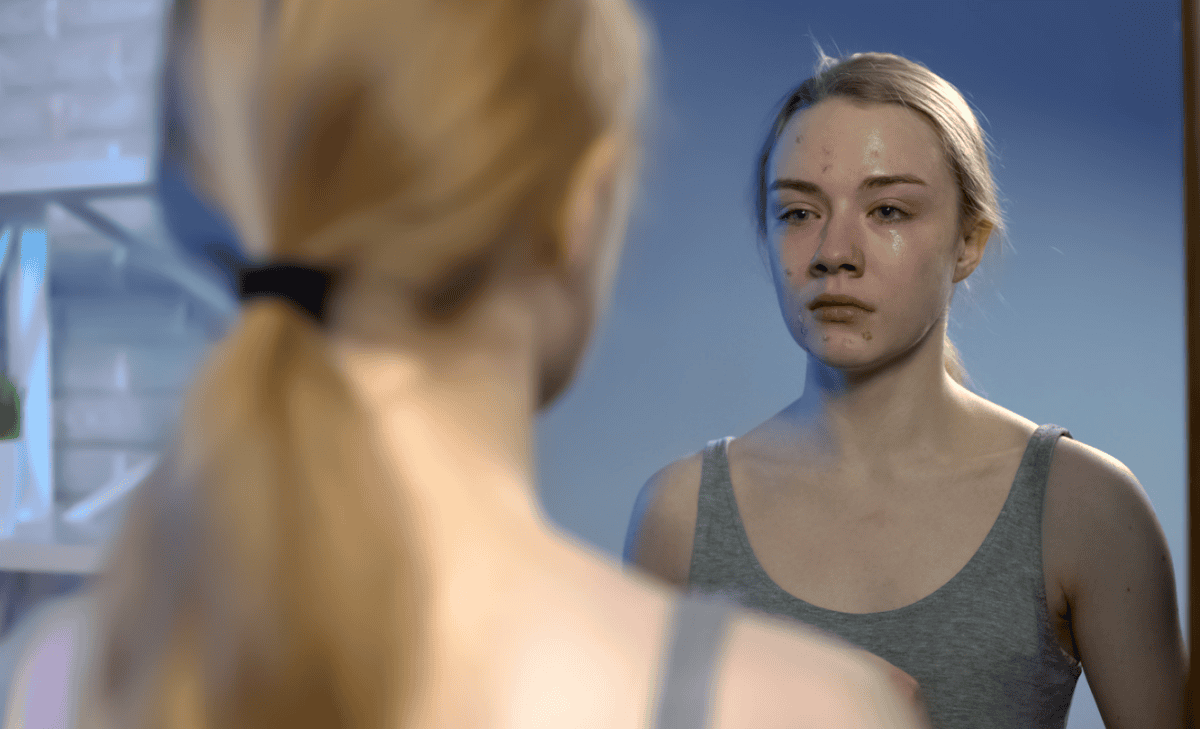Over the recent months, many news outlets have been reporting about Generation Alpha’s growing obsession with skin care and beauty products. This group spans ages 1 to 14 as of 2024, and according to a NielsenIQ report, US households with 6- to 12-year-old children spent 27 percent more on skincare last year than they did the year before.
What’s more, beauty has become a full-blown fixation for these kids as they’ve been buying products specially formulated for older customers, such as retinol serums and eye creams from brands like Drunk Elephant and Byoma.
Some people believe that Gen Alpha’s fascination with skincare products and cosmetics is merely a passing trend. However, there may be a deeper reason why this age group is so infatuated with everything that’s beauty-related.
Experts believe that physical appearance anxiety may be driving Gen Alpha to invest so much time, money, and effort into looking good. If you’re a parent of a Gen Alpha child, here’s what you need to know about physical appearance anxiety, and what you can do to help your child deal with this problem.

What is Physical Appearance Anxiety?
Physical appearance anxiety is a form of body dysmorphic disorder that manifests as distress over perceived physical defects. Research suggests that factors such as bullying, low self-esteem, or fear of being rejected can make children more likely to experience appearance anxiety, but being chronically online also contributes to the risk of developing this mental health problem. Generation Alpha has a high risk of having physical appearance anxiety as the majority of them are almost always online, and they spend more than 3 hours daily consuming content on apps like TikTok.
Digital platforms like this can expose kids to influencers with “perfect” faces and bodies and lavish lifestyles, and since they’re seeing a distorted version of reality, they begin to have negative feelings about their own appearance. According to a study, more than 41 percent of young teens have body image difficulties with low self-worth, while nearly 70 percent have anxiety since they’re always comparing themselves to other people.
Having these feelings can lead to self-harming behavior, negative actions such as hoarding or stealing, or even eating disorders. If your child is extremely anxious about their appearance and it’s affecting their quality of life, Decade2Connect recommends one-to-one therapy to help navigate their anxiety and develop coping skills.
Can Appearance Anxiety Lead to Other Mental Health Problems?
Kids can be very self-conscious about their perceived flaws, such as having acne, excess weight, or unmanageable hair. But appearance anxiety isn’t limited to one’s physical traits. Gen Alpha kids may also feel anxious if they’re wearing the “wrong” clothes, carrying an unfashionable schoolbag, or if they’re using a water bottle that’s not deemed to be cool enough by their peers.
For instance, consider the hype over the Stanley tumblers just a few months ago. Some parents said that their child was bullied for not having one, and they had no choice but to buy the $45 Stanley tumbler just to stop the bullying and boost their child’s self-worth.
Feeling like they’re unable to present themselves in a way that’s acceptable by the cool crowd can make your child more withdrawn. According to a study, people with high appearance anxiety are at a higher risk of social anxiety. Appearance anxiety can make kids lose their self-confidence, so they tend to avoid people or even stop interacting with others altogether.
It’s definitely a problem, since most Gen Alpha kids already struggle in social situations, partly because of the COVID-19 lockdowns, and partly due to the fact that they prefer to talk to their friends on their phone or iPad. Although it’s normal for adolescents to experience some insecurities, if it’s affecting their ability to enjoy face-to-face interactions, then it may be necessary for them to get some help.

How to Help Your Child Cope
Some parents think that taking their Gen Alpha child on a shopping spree to buy the best clothes or the most expensive makeup and skincare may help to ease their loved one’s anxiety over their appearance. Doing so may give them a lift because, let’s be honest, retail therapy has that effect on everyone. But keep in mind that the feeling of contentment that they’d get from this is temporary.
Instead of draining your wallet, help your child to develop a sense of self-compassion. Learning how to treat themselves with love, compassion, acceptance, and understanding can have a positive and lasting effect on mental health, which may help to alleviate appearance and social anxiety.
To practice self-compassion, encourage your child to pamper their body by eating nutritious food, exercising, or by massaging their scalp, feet, or hands. They can also practice mindfulness through meditation or mindful activities like coloring or painting.
This can help to keep their feelings in balance when they’re feeling hurt or insecure. Lastly, ask them to treat themselves as they would treat their favorite person in the world. They would never be harsh or unkind to their best friend, favorite sibling, or parent, so encourage them to be gentle and kind to themselves as well.
Physical appearance anxiety can cause your child to feel insecure and it may lead to other mental health issues in the long run. But by monitoring their screen time and letting them know what’s real and what’s not, helping them practice self-compassion, and giving them lots of love and reassurance, you can help your Gen Alpha child to cope with their body image concerns. If appearance anxiety is causing your child to self-harm or engage in negative behavior, consider therapy to help them gain confidence and to benefit their mental wellbeing.


